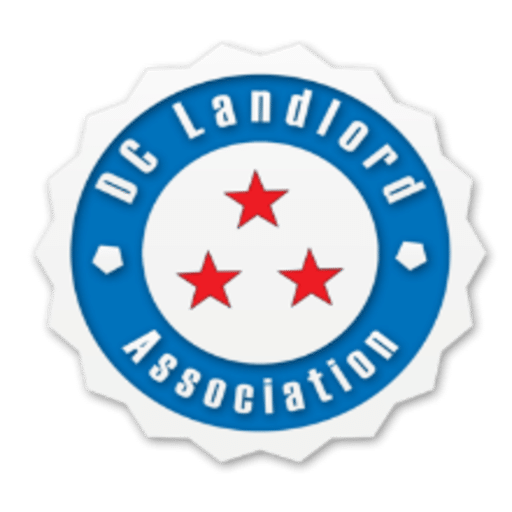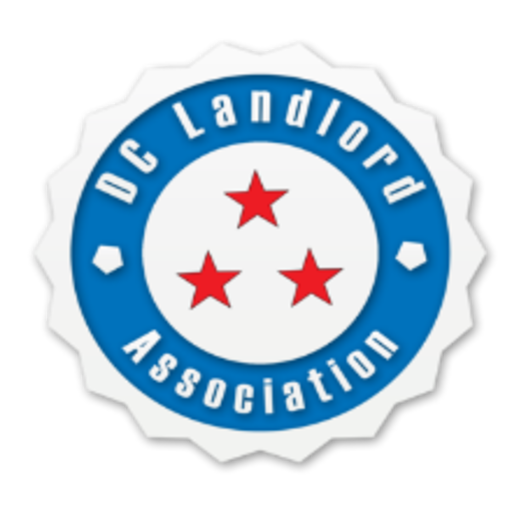Unpaid Rent Crippling Landlords
The Hidden Crisis Behind the Housing Crisis
When most people hear about the housing crisis, the focus is usually on struggling tenants and the rising cost of rent. However, what is often overlooked is the growing number of landlords, especially small and independent property owners, who are being financially devastated by unpaid rent.
Many landlords are not wealthy corporations with large financial reserves. They are everyday individuals who rely on rental income to pay their mortgages, support their families, and plan for retirement. When rent goes unpaid for months at a time, the impact is more than just inconvenient, it becomes a serious financial burden.
The Real-World Impact
Imagine owning a modest two-unit property. One unit houses a reliable tenant, while the other has gone months without payment. Your mortgage, taxes, insurance, and maintenance costs do not stop just because a tenant is not paying. You are left covering the shortfall out of pocket, if that is even possible.
Some landlords are forced to dip into retirement savings, accumulate credit card debt, or fall behind on their own financial obligations. The mental toll can be just as severe, with many landlords experiencing stress, anxiety, and uncertainty as they navigate lengthy legal processes simply to regain control of their property.
Eviction Moratoriums: A Double-Edged Sword
While eviction moratoriums were designed to protect renters during economic hardships, they left landlords in a legal limbo. Many property owners watched their expenses mount while being unable to legally remove non-paying tenants. Even after moratoriums ended, courts were backed up, and enforcement was slow or inconsistent.
In Washington, DC, the problem is compounded by a tenant-friendly legal system that can make it nearly impossible to recover losses in a timely manner. Some landlords wait over a year to remove a non-paying tenant, even with legal assistance.
No Rent, No Relief
Landlords are not eligible for unemployment, and many pandemic-era rent relief programs were mismanaged or overly complicated. Some landlords report submitting full applications for rent relief with no response for months or being told they weren’t eligible at all because their tenants didn’t cooperate with the process.
What Can Be Done?
If you’re a landlord facing unpaid rent, here are a few steps to consider:
Document everything: Keep thorough records of communications, payments, and notices.
Join the DC Landlord Association: We offer resources, legal support, and policy advocacy.
Consider legal aid: Even if formal eviction seems far off, early legal advice can help you avoid costly mistakes.
Explore mediation: In some cases, negotiating with a tenant through a third-party mediator can lead to faster resolution.
Look into landlord insurance: Some policies cover loss of rent, though they often come with specific requirements.
A Call for Balance
The current rental system is unsustainable when landlords are forced to shoulder all the risk. Renters need protection, but landlords need a safety net too. Policymakers must address the imbalance and ensure that rental housing can remain a viable, stable investment for individuals and not just corporations.
Without small landlords, affordable housing options will continue to disappear. The sooner we recognize that unpaid rent affects EVERYONE, the better chance we have of rebuilding a fair, functional housing market.
GET SUPPORT

